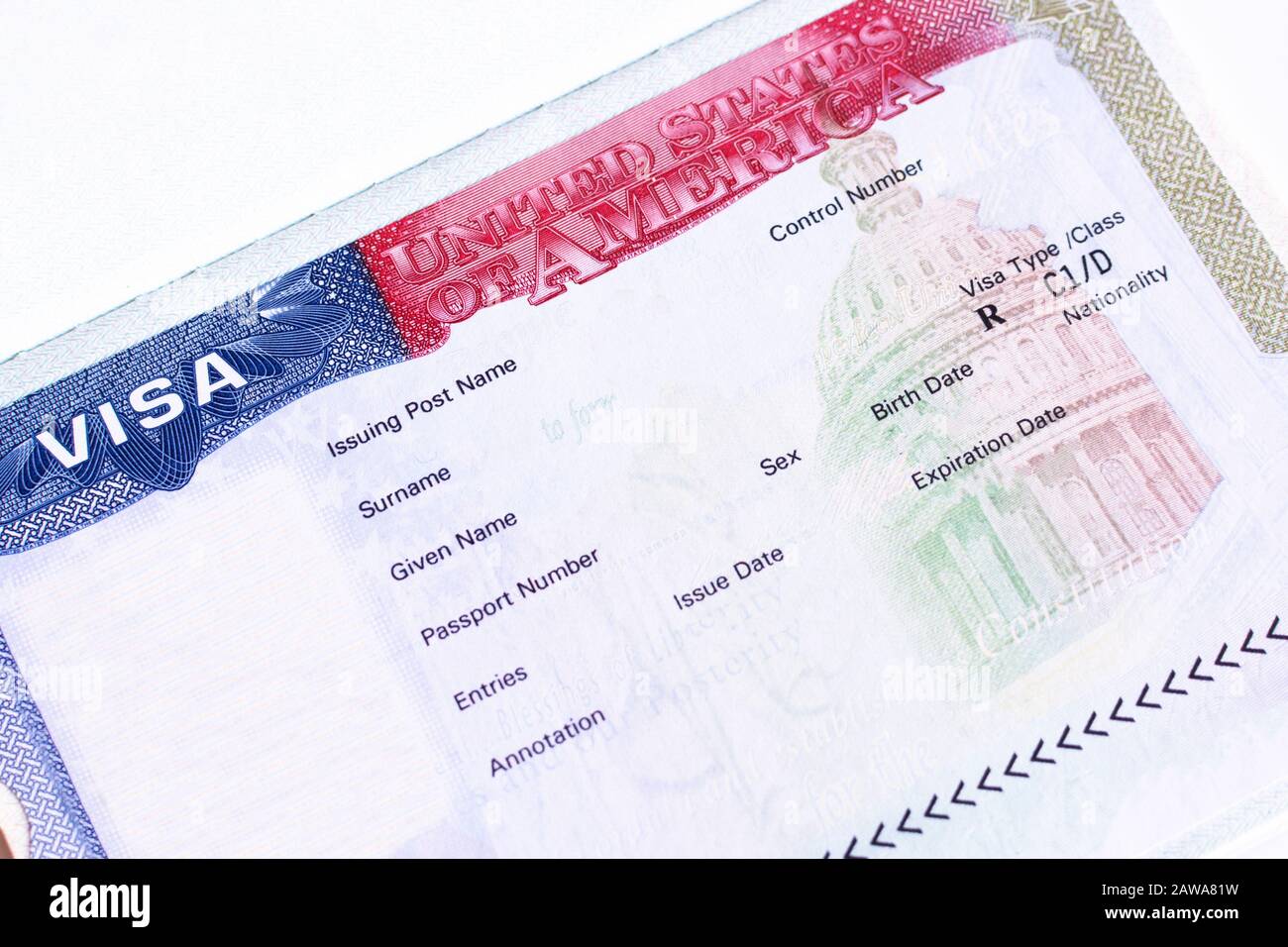
Navigating the world of visa applications can seem like a intimidating task, but with the right knowledge and approach, you can unlock opportunities for trip, training, work, or even a new life in a strange res publica. Whether you re provision to study abroad, work in another state, or research the earth, sympathy the SAUDI VISA FOR UK RESIDENTS FOR UMRAH application process is crucial. In this steer, we ll wear off down everything you need to know about visa applications, from the rudiments to the specific types of visas available, the practical application process, and tips for achiever.
1. What is a Visa?
A visa is an official document issued by a state s government that allows a established national to record, stay, or work in that state for a specified period of time. Visas come with conditions, such as the length of stay, resolve of travel to, and any restrictions on work or contemplate. Countries issue different types of visas depending on the applier s resolve whether it s for tourism, business, study, or work. It s necessity to select the right type of visa, as applying for the wrongfulness category can lead to delays or denials.
2. Types of Visas
Visa types vary from commonwealth to country, but they generally fall into the following thick categories:
-
Tourist Visas: These are short-term visas granted to individuals visiting a land for touristry, leisure, or visiting friends and family. Tourist visas typically do not allow the bearer to engage in work or contemplate activities.
-
Student Visas: For individuals wish to meditate at an learning asylum in a tramontane state. These visas often come with restrictions on the number of hours a bookman can work while studying.
-
Work Visas: Granted to individuals who have guaranteed a job offer in a foreign-born body politic. Work visas can be highly particular depending on the type of work or manufacture(e.g., masterly proletarian, seasonal push).
-
Business Visas: Issued to individuals visiting a commonwealth for byplay purposes, such as meetings, conferences, or negotiations. These do not allow applicants to wage in place work or tug in the land.
-
Immigrant Visas: These visas are for individuals looking to move permanently to another body politic. They are often based on family relationships, work offers, or special skills.
-
Transit Visas: For travelers passing through a state on their way to another destination. These visas are usually short-circuit-term and limited in telescope.
3. The Visa Application Process
The visa practical application work varies depending on the country and VISA FOR SPIRITUAL JOURNEY TO SAUDI ARABIA type, but most keep an eye on a synonymous social organization. Here s a step-by-step partitioning of the work on:
1. Determine the Right Visa Type
Research the body politic you wish to visit and determine which visa type applies to your situation. Each visa type has its own requirements and criteria, so it s earthshaking to get this right from the start.
2. Complete the Application Form
Most visa applications are available online, and you ll need to fill out a elaborate form providing subjective selective information, travel plans, and the purpose of your visit. Some countries may also need biometric entropy like fingerprints.
3. Gather Supporting Documents
Supporting documents are indispensable to the succeeder of your visa application. These may let in:
- Passport with at least six months of validity
- Proof of business stableness(bank statements, income inside information)
- Travel travel plan(flight bookings, hotel reservations)
- Letter of invitation or sufferance(for scholar or work visas)
- Medical certificates or vaccinations(where required)
- Police clearance or downpla check
4. Pay the Visa Fee
Most countries shoot up a visa application fee, which can vary importantly depending on the visa type and the country you are applying to. Be sure to check the fee schedule before submitting your practical application.
5. Attend an Interview(if necessary)
Some countries may want an in-person visa interview. During the question, you may be asked about your travel plans, financial state of affairs, and ties to your home state. The resolve of this interview is to check that you meet the visa requirements.
6. Wait for Processing
After submitting your application, there is typically a processing time during which government reexamine your practical application and make a decision. Processing multiplication can range from a few days to several weeks, depending on the country and visa type.
7. Receive Your Visa
If your application is sanctioned, you ll welcome a visa pricker or stump in your passport. If denied, you will be knowing of the reasons and may be able to reapply.
4. Tips for a Successful Visa Application
-
Start Early: Visa processing can take time, so apply as early on as possible to avoid any delays. Some visas may take weeks or even months to work.
-
Be Honest: Always supply exact and veracious information in your application. Misrepresentation or false entropy can lead to immediate rejection and time to come bans.
-
Double-Check Documents: Ensure all required documents are nail and meet the country s specifications. Missing or erroneous documents can delay your application.
-
Stay Informed: Visa policies and requirements can change often. Regularly check the functionary government website of the country you re applying to for updates and news.
5. Conclusion
A visa is more than just a stamp in your recommendation; it s the key that unlocks doors to new opportunities, experiences, and adventures. Understanding the visa practical application work, the different types of visas available, and how to with success navigate the application work on can make all the remainder. By being well-informed, starting early, and ensuring your practical application is complete and correct, you can pave the way for your jaunt, work, or contemplate beyond the sea.

Leave a Reply